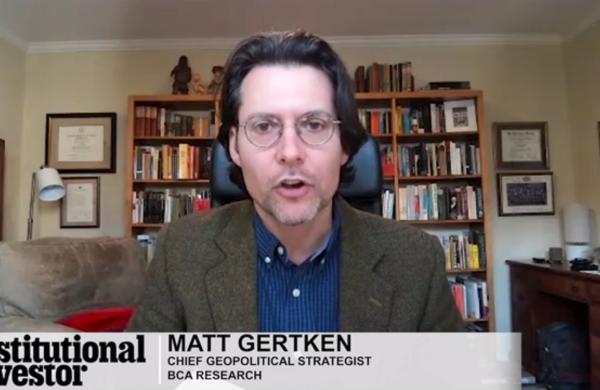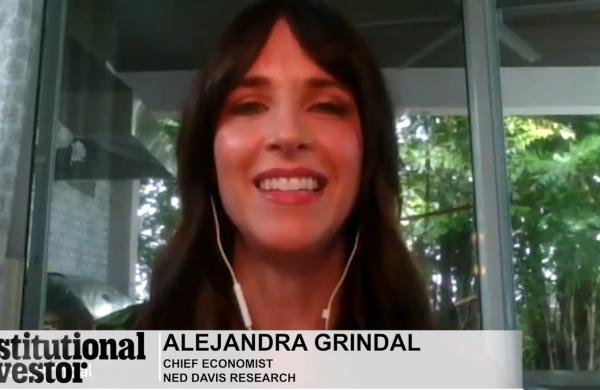China’s $3 billion stake in Blackstone Group’s upcoming IPO, predicted to happen within weeks, was an opportunistic investment that is not representative of the country’s foreign investment strategy, says the key man on the deal.
Wang Jianxi — chairman of China Jianyin Investment, which acted on behalf of China’s State Investment Co. in the Blackstone deal — tells Institutional Investor that the surprise investment was triggered by the SIC’s need to act quickly if it was to participate in the New York–based private equity ½rm’s offering. Wang says China’s love affair with IPOs prompted it to make the exceptional deal even before the SIC, which was created in March and will manage a portion of China’s $1.2 trillion in foreign exchange reserves, was formally set up. Says Wang, “Lots of Chinese favor IPOs, as you can see in Hong Kong, where its tycoons prefer investing in mainland mega-IPOs.” Others, however, believe the influence of Blackstone’s Greater China chairman, Antony Leung, a former Hong Kong ½nancial secretary hired in January to his current post, was instrumental in bringing about the deal.
As part of the agreement, the SIC will pay 95.5. percent of the price per share at the time of the IPO. Its nonvoting stake will amount to less than 10 percent of the U.S. ½rm’s equity, and it has agreed to hold its shares for at least four years.
The deal stunned seasoned observers of China’s investment scene, most of whom expected the SIC to move slowly and cautiously.
Wang says that in the future “the majority” of the SIC’s investments will “very likely be contracted out to fund management ½rms” and that the SIC is in no hurry to invest its money. “When the new company is established, it will de½nitely talk to many, many fund managers and try to select outstanding ones, maybe including Blackstone and others,” he says.
Wang’s Jianyin Investment, which will transfer the Blackstone stake to the SIC when the new entity is formally established, is a unit
of Central Huijin Investment, the government agency set up in 2003 to help recapitalize China’s major banks by buying their bad loans with foreign exchange. Wang is deputy chairman of Huijin and chairman of China International Capital Corp., the country’s leading investment bank. Jianyin is expected to merge with the SIC when the new agency is formed.
The SIC’s investment in Blackstone was announced just ahead of a two-day meeting in Washington between Chinese Vice Premier Wu Yi and U.S. Treasury Secretary Henry Paulson, beginning May 22. It also coincided with a flurry of initiatives from Beijing designed to demonstrate China’s sincerity in tackling its huge trade surplus and
to address its massive accumulation of foreign exchange reserves.
In addition to widening the trading range of the yuan against the U.S. dollar, China said in mid-May that it would allow banks to begin selling funds that include foreign shares to domestic investors. This will help banks in China and China-based funds, whether domestic or joint ventures, to provide products that give locals exposure to foreign equities. Shanghai-based fund management consulting ½rm Z-Ben Advisors estimates that as much as $96 billion could be invested in such products by 2009. At the end of last month, Industrial and Commercial Bank of China became the ½rst bank to launch a fund holding foreign shares, selecting JPMorganFleming Asset Management as the overseas manager for its Oriental Pearl fund. Some 50 percent of the fund will be invested in Hong Kong–listed mainland stocks, with the remainder in Asian ½xed-income products.
Following the Washington meeting China said it would also lift a moratorium on new joint ventures in the securities industry and allow foreign banks to offer their own yuan credit and debit cards. “Not exactly a revolution in U.S.-China relations,” says Jonathan Anderson, UBS’s Hong Kong–based China economist.
Meanwhile, the SIC’s business scope and investment direction are still being debated by ministries and the State Council, China’s highest decision-making body. But Wang adds, Lou Jiwei, who will head the SIC, wants the new investment agency to be “very low-key and run purely in a market way.” The agency, says Wang, “is not a vehicle to acquire foreign companies but to gain higher investment returns.”





